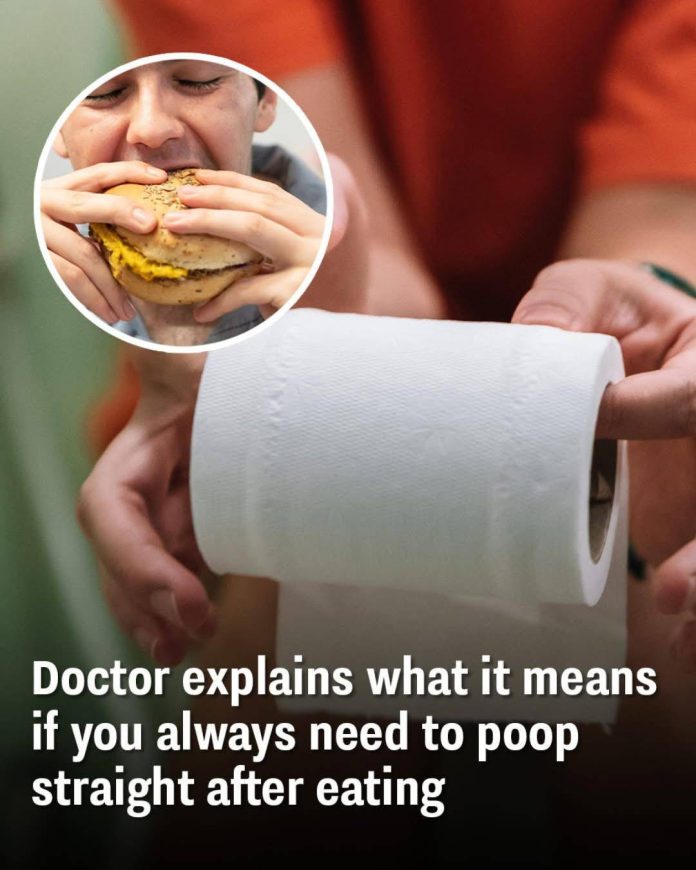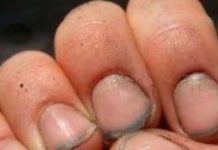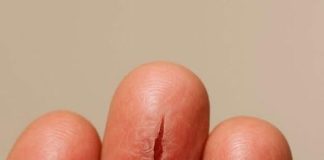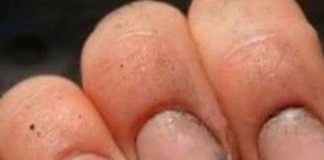For many people, the urge to use the bathroom right after eating can be puzzling and even frustrating. While digestion is a natural process, feeling the need to go so soon after a meal might make you wonder if something unusual is happening in your body. If this is a frequent occurrence for you, there could be several underlying reasons behind it.
The Gastrocolic Reflex: A Natural Response
One of the most common explanations for needing to poop immediately after eating is the gastrocolic reflex. This is a normal physiological response in which the stomach stretches after food intake, sending signals to the intestines to start moving. This process helps make room for new food by pushing waste further along the digestive tract.
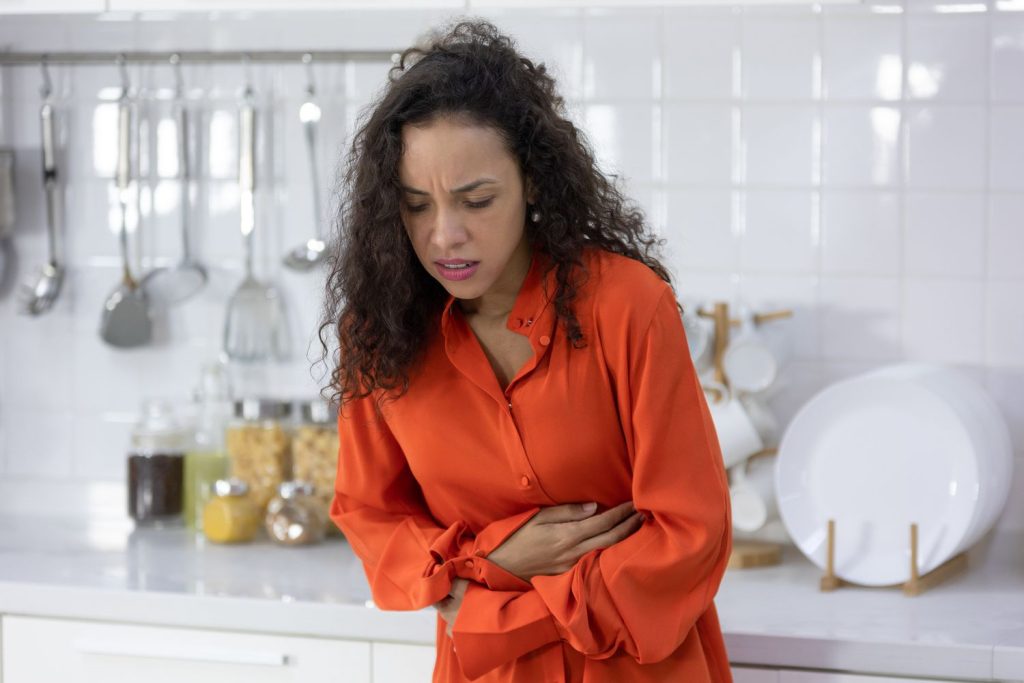
For some, this reflex is more pronounced than in others, meaning that as soon as they start eating, their intestines become more active, leading to an urgent need to go to the bathroom. The intensity of this reflex varies from person to person and can be influenced by the type of food consumed.
Food Sensitivities and Intolerances
If your bathroom trips immediately after eating seem excessive or are accompanied by cramping, bloating, or diarrhea, you might have a food sensitivity or intolerance. Some common triggers include:
- Lactose intolerance – Many people struggle to digest dairy products, leading to stomach discomfort and sudden bowel movements.
- Gluten sensitivity – Those with celiac disease or gluten intolerance may experience digestive issues, including urgent bowel movements after eating wheat-based foods.
- Spicy or fatty foods – Some foods can stimulate the intestines, speeding up digestion and causing an almost immediate need to go.
If you suspect that certain foods are triggering your symptoms, try keeping a food diary to identify patterns and avoid potential triggers.
Irritable Bowel Syndrome (IBS)
Irritable bowel syndrome (IBS) is a common digestive disorder that can cause frequent bowel movements, stomach pain, and bloating. Many people with IBS find that eating certain foods triggers an immediate need to use the bathroom. This is because IBS often makes the digestive system more sensitive and reactive.
If you have other symptoms like frequent diarrhea, constipation, or alternating between the two, you might want to consult a healthcare professional for an evaluation. Managing stress, adjusting your diet, and taking certain medications can help control IBS symptoms.
High-Fiber Diet and Fast Digestion
Eating a diet high in fiber can also lead to frequent bathroom trips. Foods like fruits, vegetables, whole grains, and legumes help keep digestion moving smoothly, sometimes a little too efficiently. If your diet is packed with fiber and you’re noticing an increased need to go, it could simply be your body responding to a highly efficient digestive process.
Hydration also plays a role—drinking plenty of water alongside a high-fiber diet ensures that waste moves through the intestines quickly and easily.
Stress and Anxiety’s Role in Digestion
Emotional stress and anxiety can have a significant impact on digestion. When you’re nervous or stressed, your body releases hormones that can accelerate the movement of waste through your intestines. Some people experience this as “nervous stomach” or even diarrhea when they’re anxious.
If you notice that your symptoms worsen during stressful situations, finding ways to relax, such as deep breathing exercises, meditation, or regular physical activity, may help regulate your digestion.
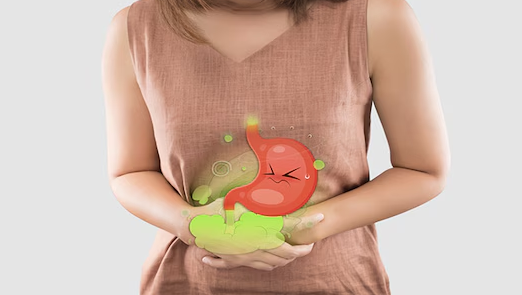
When to See a Doctor
While occasional urgent bathroom trips after eating are usually nothing to worry about, if you notice additional symptoms such as:
- Unexplained weight loss
- Severe abdominal pain
- Blood in your stool
- Chronic diarrhea or constipation
it’s important to seek medical advice. These could be signs of a more serious underlying condition such as inflammatory bowel disease (IBD) or other digestive disorders that require medical attention.
Final Thoughts
Needing to poop right after eating is often a normal bodily response, but in some cases, it can indicate an underlying issue such as food intolerance, IBS, or heightened stress levels. Paying attention to your diet, stress levels, and other symptoms can help you determine whether your digestive habits are simply part of your body’s natural rhythm or if further investigation is needed. If in doubt, consulting a healthcare professional can provide clarity and solutions to improve your digestive health.

